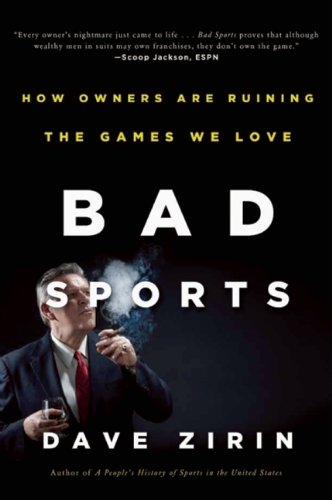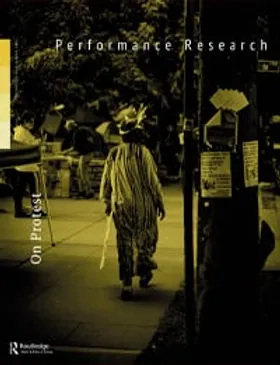Dave Zirin interview
Fair ball and foul
Journalist Dave Zirin on the mendacious effects of publicly funded stadiums, corporate ownership and boring baseball
What makes
owners such bad sports?
When we’re growing up, why would you
call somebody a bad sport? You would do it when they wouldn’t play
fair, when they would cheat, when they would look out for themselves
instead of looking out for the collective fun we were supposed to
have. I’m upset about owners because I love sports but I have deep
concerns about what sports have become and the owners are the people
that are accountable for that. Players play, fans watch, owners are
the only people in the sports world who are specifically charged with
looking out for the long-term interests of sports and they’ve
failed spectacularly at that job. A ball game now takes an hour
longer to play than it did when I was a kid. And that’s because of
commercials. Kids aren’t even watching baseball anymore because
it’s boring.
It’s not just about the
over-commodification, the nine-dollar hotdogs, the corporate
appeasement, the racism, sexism and homophobia that clings to sports
like barnacles on a boat. The problem is that sports has become a
neo-liberal Trojan horse in our communities, pushing through economic
policies that otherwise we would reject. I travel a lot and I go to
places like Cleveland, Pittsburgh, Milwaukee, Detroit. What you see
is great American cities that have been absolutely decimated by the
rusting over of the manufacturing sector, high unemployment, high
foreclosure rates. Yet, what’s there instead? Gleaming,
publicly-funded stadiums and jobs in the service industry that pay a
fraction of what a union job would pay.
There’s a
lot of talk about
investing a fortune to
bring back the Quebec
Nordiques. Is that a
bad idea?
It would definitely be a mistake to
oppose the return of the Nordiques. But people could insist that,
since public money is financing the effort, the public should have a
stake in the team. Look at the Green Bay Packers. They’re a
non-profit, community-owned team and the NFL has a clause in its
constitution saying that no other team can do this. Barcelona, the
great soccer team, is a publicly owned team. In Europe the fans
organize themselves in fan clubs so they have an independent voice.
They look at owners as the caretakers for their team. We don’t just
have a moral ownership because we love our team, we also have a
financial claim on them because of the amount of public subsidies,
the way that the debt of professional sports is socialized and profit
is privatized. So people could insist on some kind of partnership in
the Nordiques.
A lot of your work documents the
importance of sports figures in the civil rights movement. Is there
as much of a collusion between sports and politics today?
There was certainly more going on in
the sixties because there was a lot going on in the streets in the
sixties. But recently there have been huge struggles over LGBT rights
and gay players in sports. And that’s opened up deeper questions
about notions of masculinity and femininity that are totally
constructed. Or the idea that being gay is somehow weak.
There was an incredible development
this summer, which is that the most dynamic immigration rights
protests have happened at ballparks. Seventeen different ballparks
have seen protests against the Arizona Diamondbacks who have become
the travelling roadshow of Arizona’s anti-immigrant laws. The thing
that unites the protests is the attempt to move the 2011 All-Star
game out of Arizona. Baseball is heavily dependent on Latino players
and you’ve had about 30 players speak out about Arizona’s laws.
Then before the opening night game of
the football season last Thursday between the New Orleans Saints and
Minnesota Vikings, each side came onto the field raising the number
one in the air. They did it to show that they were in solidarity with
each other as a union fighting against the NFL owners. They got
savaged in the press for it but I think people may respond very
positively. It’s not about a strike: owners want to lock them out
because they want them to take a 20% pay cut and play two more games.
28% of all American televisions were tuned in when that happened:
that may have been the most widely viewed act of solidarity in the
history of the United States.
Dave Zirin
speaks at Concordia’s
H-110 auditorium (1455
Maisonneuve W.) on Tuesday
September 21 at 7
p.m. See qpirgconcordia.org
for details.
Montreal Mirror September 16, 2010 (this is the unedited text)




Comments
Post a Comment